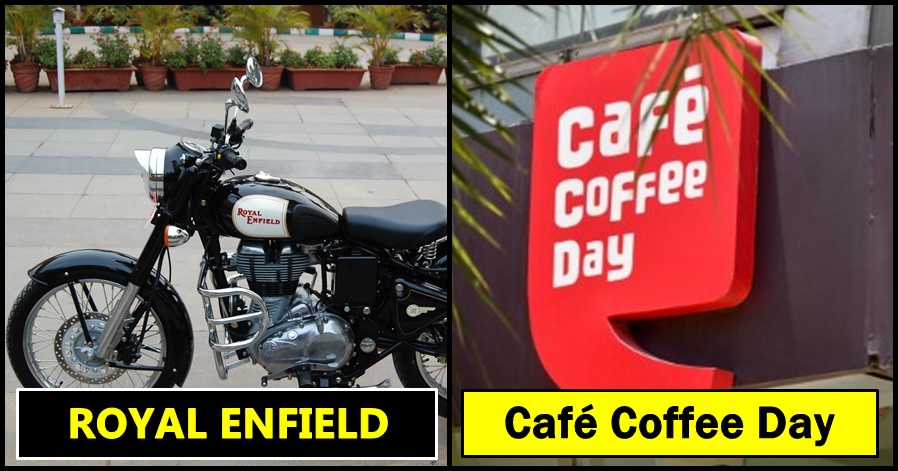No products in the cart.
People in Sri Lanka Not buying stuff from Muslim shops, after bomb blast in Church
Post-Easter Sunday bombings, the customers who regularly used to visit the Muslim shops have stopped buying things. Mohammed Ilyas, who is a Muslim hardware shop owner had told that he was doing a good business in his shop in western Sri Lanka until a few months ago. But now his business declined rapidly and suffered losses.
His shop is situated at Kottaramulla village, which is about 90 kilometres (56 miles) from the capital Colombo, where minority Muslims live among the majority Sinhalese community.
It has been learnt that for decades, Mr Ilyas had been serving people from all religious communities, but apparently, things have changed since Sri Lanka’s Easter Sunday bombings in April.
BBC quoted him as saying, “Since the Easter Sunday bombings, almost 90% of my Sinhalese customers have stopped buying from my shop. My business has gone down significantly and I have lost hundreds of thousands of rupees.”
Not just Ilyas, majority of Muslims too feel that since the suicide bombings they have been threatened, and traders from the community add that they have become a target. Muslim-owned trades and houses have been assaulted in major parts of Sri Lanka, with the worst violence recorded in May this year.
As per the reports, in June, a senior Buddhist monk had urged “true Buddhists” to unite against what he stated as the “Talibanisation” of the religion and then openly called on the Sinhalese people not to buy anything from Muslim shops. Nonetheless, the call was criticised by Finance Minister Mangala Samaraweera.
For the unversed, Muslims make up around 10% of Sri Lanka’s 22 million people, while about 12% of the population are Hindus and 7% are Christians.
The bomb attack was carried out on April 21st on Easter which cost more than 250 lives. Though Muslims across the island nation have criticized the senseless killings, it still hasn’t satisfied a section of Sinhalese hardliners.












